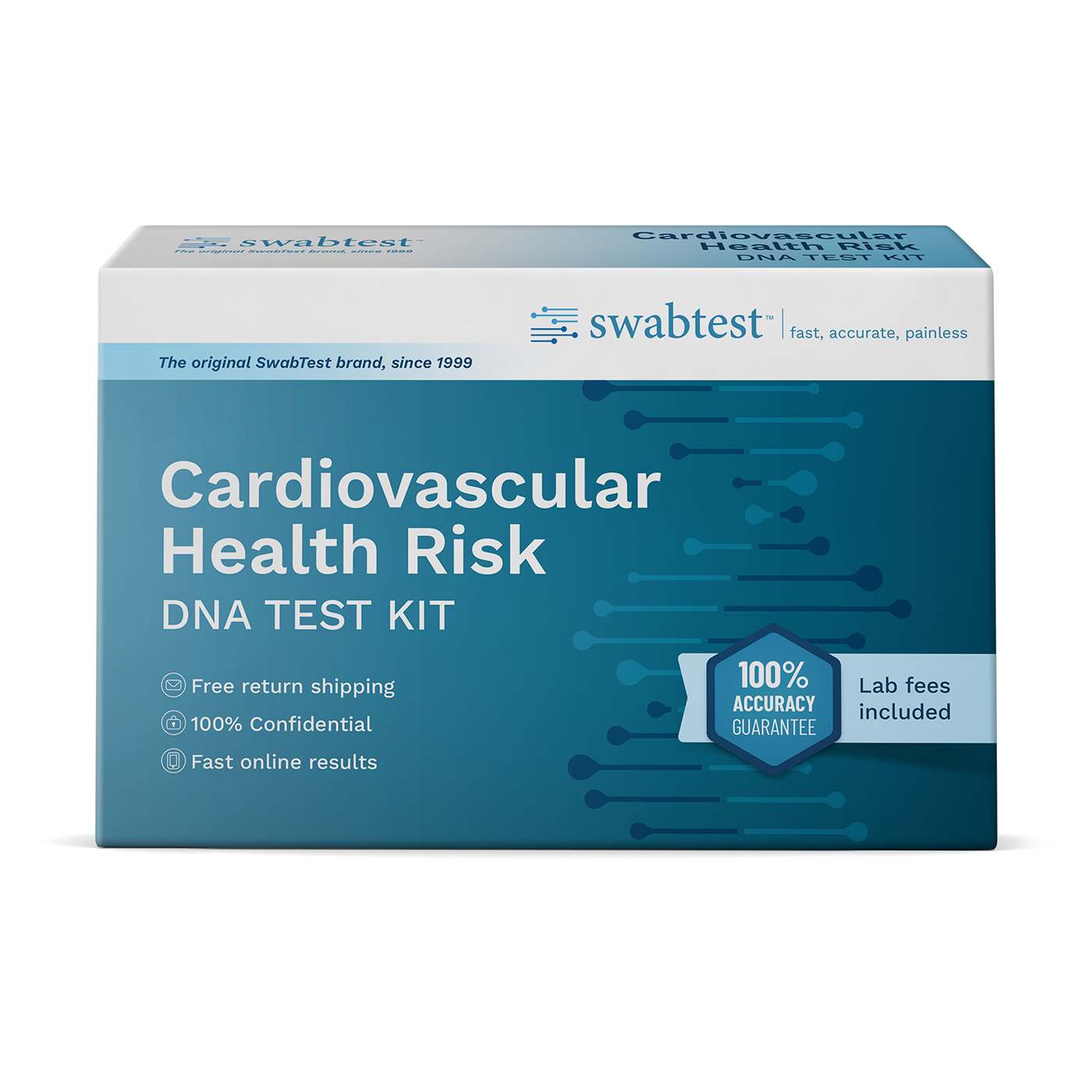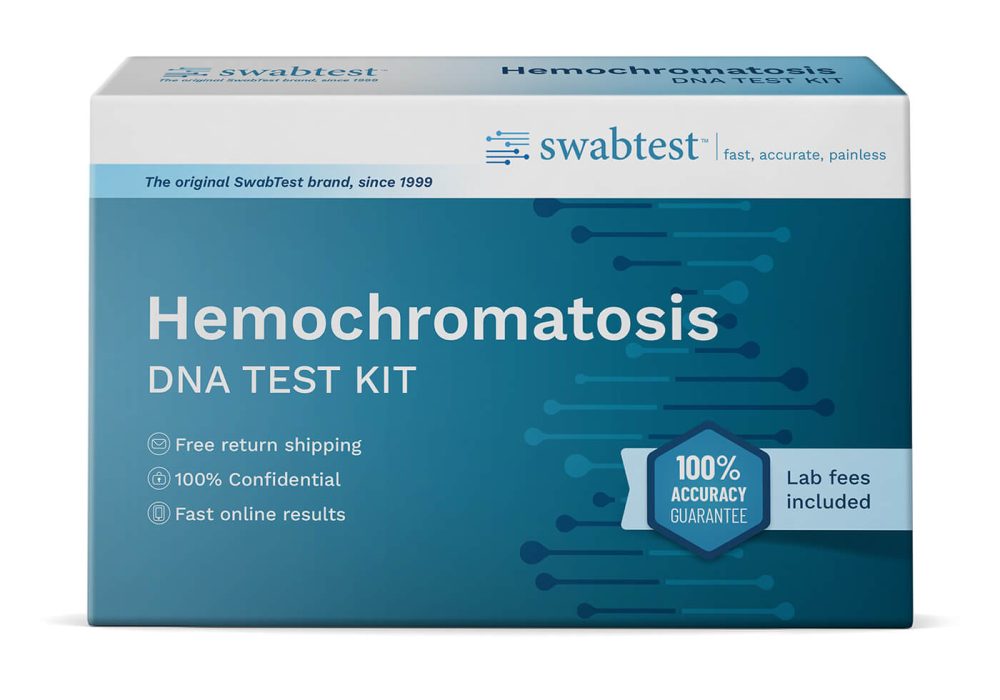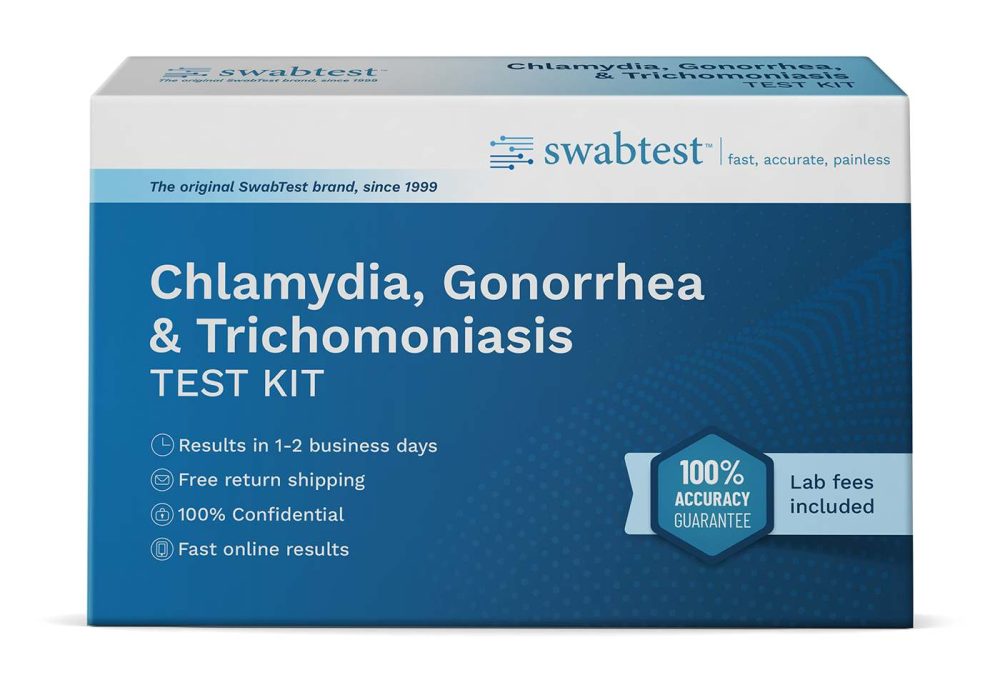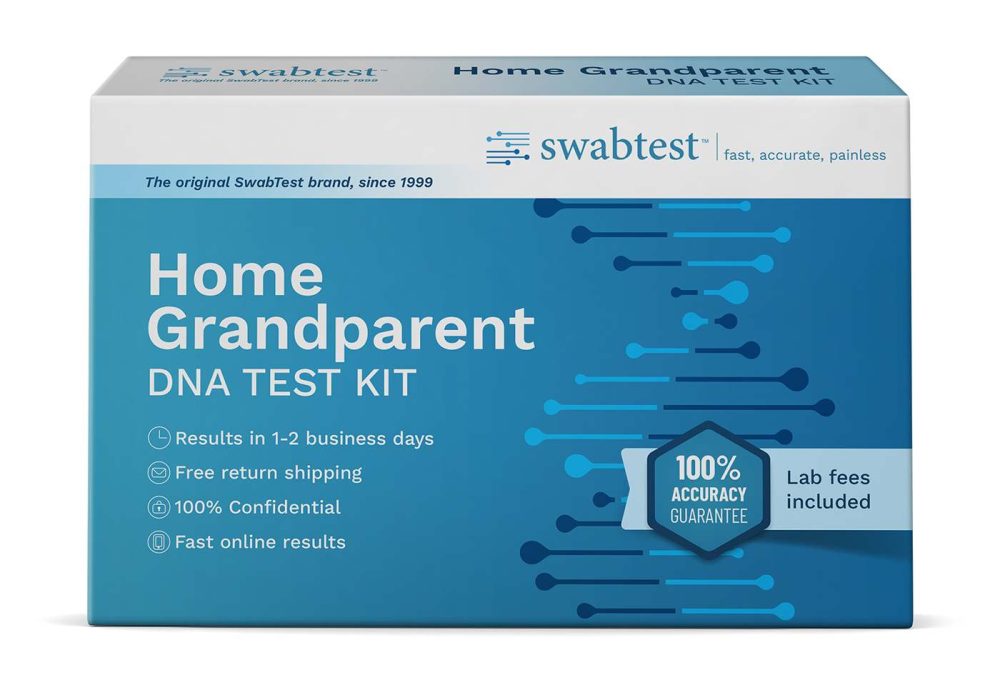Description
Cardiovascular disease (CVD) is the leading cause of death among people over the age of 65. However, not every person in this age group has a heart attack because multiple factors are associated with CVD risk. Aside from age, other factors such as body weight, physical activity, smoking, and genetics also contributes to the risk of a heart attack.
Cardiovascular disease is not curable; however, it is treatable and preventable. Simple lifestyle changes can go a long way when it comes to reducing one’s risk. These prevention options such as exercising, reducing fat and salt intake, reducing alcohol consumption, and refraining from smoking are even more important when an individual is at increased risk due to their genetics.
Uncover if you are at increased risk of CVD due to genetics with this simple DNA test.
The genetics
This DNA test detects genetic variants linked to various lipids and other dietary components influencing the health of your heart. Following variants are associated with
Triglyceride levels: ANGPTL3, LPL, MLXIPL, NCAN, TRIB1, NOS3, GALANT2
LDL- Cholesterol: PCSK9, SUGP1, APOB, SORT1, LDLR, NCAN, HMGCR, NFN1A
HDL-Cholesterol: CETP, LCAT, LPL, LIPG, ANGPTL4
Lipid metabolism: : LIPC, FADS1
Other: GCKR, 9p21
Factors affecting your risk
Triglycerides
Triglycerides are the main form of fat (or lipid) in the body. They produced from the digestion and breakdown of fats in foods, and from the breakdown of other energy sources, such as carbohydrates. These molecules are essential to provide immediate energy, or they can be stored for later use between meals. High triglyceride levels contribute to an increased risk of cardiovascular disease. High triglycerides can also be a sign of type 2 diabetes, metabolic syndrome,
and hypothyroidism (low thyroid hormones)
LDL-cholesterol
Low-density-lipoprotein cholesterol refers to the cholesterol that is packaged within low- density
lipoprotein particles. LDLs are considered “bad” cholesterol, as it deposits excess cholesterol in blood vessel walls, where it can accumulate leading to hardening of the arteries, atherosclerosis, and blood clots. Your LDL cholesterol levels are often considered the best predictor for your risk
of heart disease.
HDL-cholesterol
High-density-lipoprotein cholesterol the “good” cholesterol packaged within HDL particles. HDL cholesterol collects cholesterol from around the body and delivers it to the liver (for recycling or excretion) and other organs (for the generation of hormones). HDL cholesterol also helps
to protect and maintain the endothelium (inner walls) of the blood vessels, repairing the damage that is the initial step associated with atherosclerosis.
Risk factors of CVD
- Age
- Weight
- Diet
- High blood pressure
- Physical activity
- Alcohol consumption
- Smoking
- Genetics
Related Products
$99.00 Original price was: $99.00.$79.00Current price is: $79.00.
$271.00 Original price was: $271.00.$149.00Current price is: $149.00.
Related products
-
Diet & Fitness
Nutrition, Weight Loss and Fitness DNA Test Combo
$498.00Explore how your genes affect your nutrition and fitness.
-
Shop All
DNA Aunt/Uncle Test
Find out the likelihood that you’re the true biological aunt or uncle.
$271.00Original price was: $271.00.$149.00Current price is: $149.00. This product has multiple variants. The options may be chosen on the product page -
Shop All
DNA Twin Test
Find out conclusively whether a pair of twins are identical or fraternal.
$271.00Original price was: $271.00.$149.00Current price is: $149.00. This product has multiple variants. The options may be chosen on the product page -
Shop All
DNA Grandparent Test
Determine the likelihood that you’re the true biological grandparent.
$271.00Original price was: $271.00.$149.00Current price is: $149.00. This product has multiple variants. The options may be chosen on the product page











